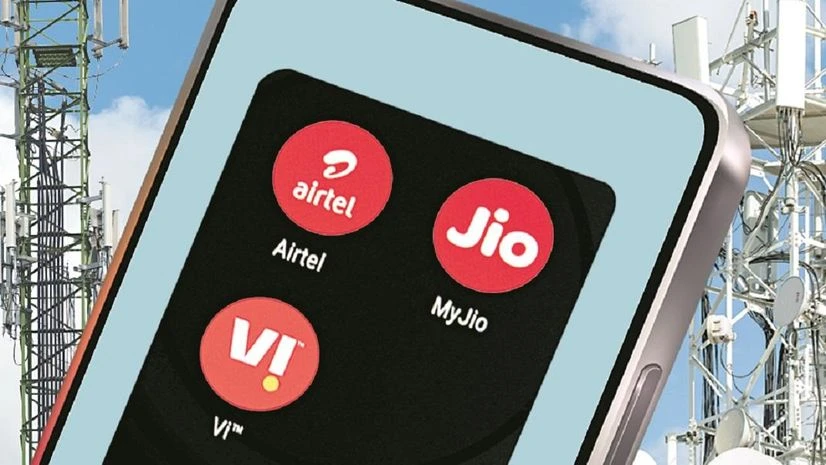Months after the mandated rollout of the new Digital Consent Acquisition (DCA) technology to curb spam, the Telecom Regulatory Authority of India (Trai) has told telecom operators that its impact is being affected by the slow induction process, people in the know said.
At a recent meeting on the issue of rising incidences of spam, Trai flagged the slow pace exhibited by operators such as Reliance Jio, Bharti Airtel, Vodafone Idea, and BSNL in onboarding private businesses onto the system. However, the operators have blamed the sluggish response from the industry.
A unified platform to seek, maintain, and revoke the consent given by customers towards receiving commercial communication from businesses, the DCA was first mandated by the sector regulator in June 2023 to rein in exponentially rising cases of spam and excessive tele-calling in the country.
Finally issued under Trai's Telecom Commercial Communication Customer Preference Regulations, 2018 (TCCCPR-2018) in June, DCA was set to be implemented in a phased manner within 2-months.
In the earlier system, customer consent is obtained and maintained by Principal Entities (PEs) such as banks, financial institutions, insurance companies, trading companies, business entities, and real estate companies, among others.
Also Read
The problem often starts when these businesses purchase bulk short messaging services (SMS) from a telemarketer to send SMS texts to its clients and customers. Telemarketers have to be registered on the Digital Ledger Technology (DLT) platforms run by telecom service providers.
As a result, telecom service providers such as Reliance Jio, Bharti Airtel, Vodafone Idea, and BSNL, classified as Access Providers (APs), could not check the veracity of consent. Importantly, there is no unified system for customers to provide or revoke consent. But now, once a customer launches a complaint against a particular business, a telecom company can easily check the consent data and scrub the consent provided by said customer earlier.
Telco officials said PEs need to agree to the new norms and begin the process for them to be signed up to the new system. "A reason behind this may be that many PEs are unhappy with the new system which is widely expected to see many users revoking their consent for all kinds of business communication, " another official said.
"We keep on intimating the PEs, but many are slow to respond. They know the government guidelines are already in place," an official with a public sector TSP said.
After implementing DCA, the existing consents, acquired through alternative means, shall be rendered null and void, and fresh consents will have to be sought by all PEs through digital means only.
What is DCA?
DCA will take customers’ consent for the brands or companies they would like to receive communication from. It will also expedite the process of receiving consumer consent on Digital Ledger Platform (DLT) platforms. DLT platforms are digital systems for keeping and managing the record of sender IDs and templates run by telecom companies. Businesses need to register on DLTs by submitting relevant details. Those who don't will be marked as unregistered telemarketers, and barred.

)
